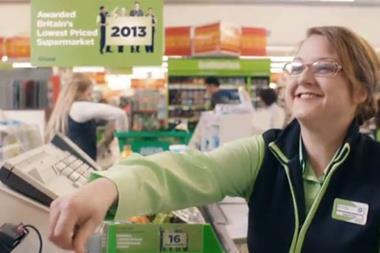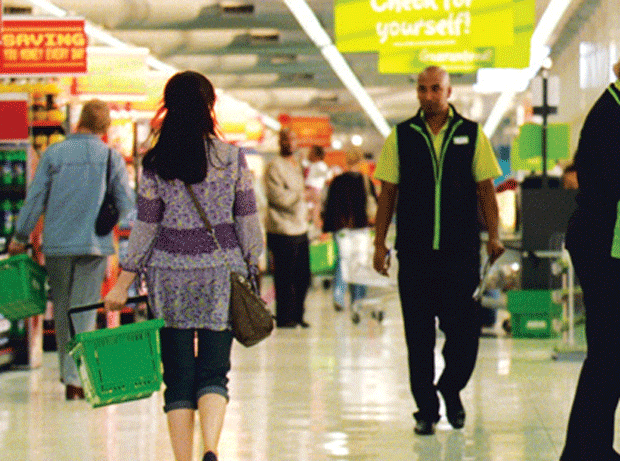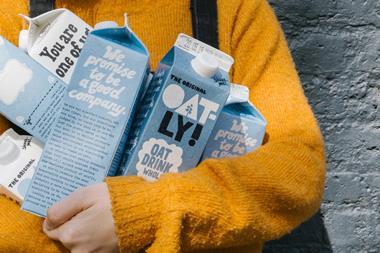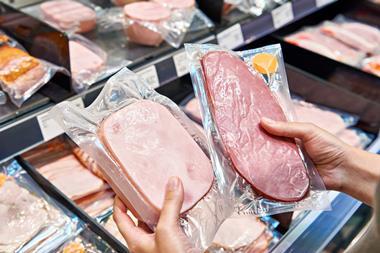There’s much media coverage when Chancellors present their Budgets to parliament. It’s part theatre, part serious politics - the annual statement of short to medium-term national framework thinking.
In reality, the Budget is actually responsive. Does anyone seriously think that UK Chancellors actually control the planet’s seventh-largest economy? A bit, of course, but since Northern Rock’s collapse in September 2007 and Lehman Brothers’ a year later, the global financial system’s fragility has been overt. Everyone sees the sharp lessons in the dangers of debt and being over-stretched.
But when did we last have a framework statement from a British minister nominally in charge of the food system that attracted major media coverage? Arguably when Labour launched Food 2030 on 5 January 2010. It was a useful aspiration but there was no accompanying heavyweight document, no State of Food or National Food Audit.
“A good, wholesome diet ought to be essential but is actually squeezed”
Why such a food statement is needed was amply demonstrated by last week’s Which? report on the current consumer squeeze. Which? showed how £220bn has been stripped out of the consumer economy since the banking crisis, an average of £3,000 per year per household. But this is far worse for low-income consumers.
ONS last week also showed inflation quietly eroding consumers’ flexible spending power. ONS categorises food as non-discretionary spending, judging food as ‘essential’. They’re right yet wrong. A good, wholesome diet ought to be essential but is actually squeezed. Domestic purse-holders choose how much they spend on food. Decades (arguably centuries) of evidence show food is a flexible item in budgets. Other costs are ‘fixed’ - mortgage, rent, car, tax, heating.
Which? has created a ‘Squeezometer’ to capture this. Rightly so. The ONS consumer price index showed 2.8% inflation last month, a rise held back by lower soft drink prices. The poor actually perform daily miracles juggling with food costs and tastes. Chancellors and ministers ignore this vital measure of economic health. Shame on them. Bad health. Bad politics. Bad leadership. We need a Sustainable Diet Indicator.
Tim Lang is professor of food policy at City University London



















No comments yet